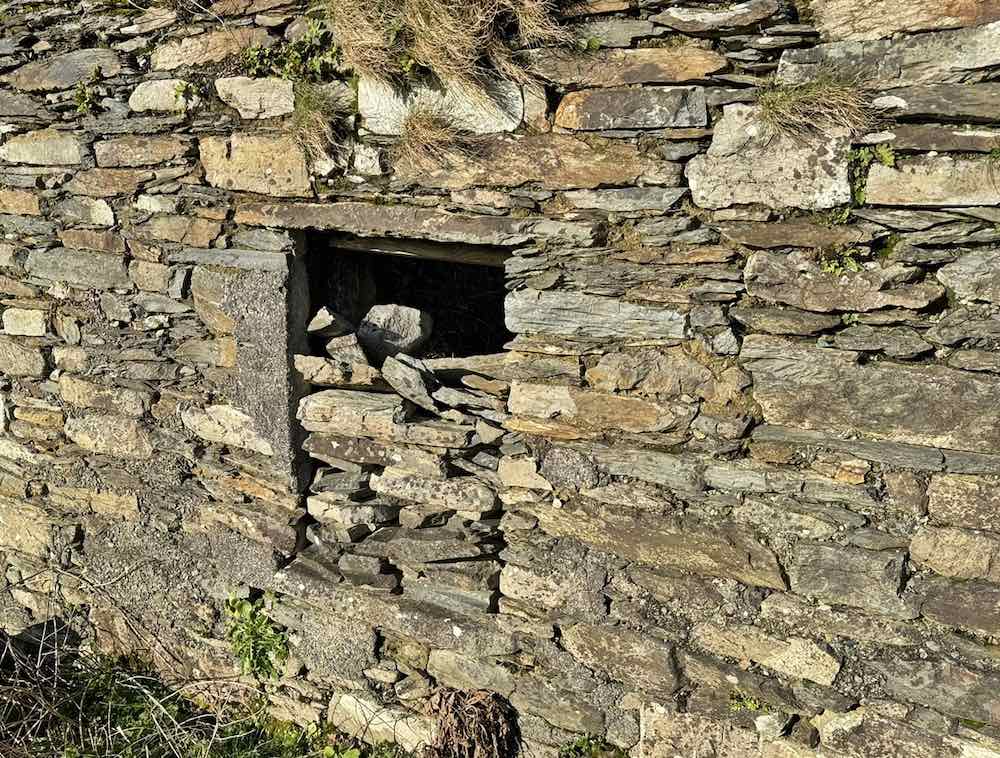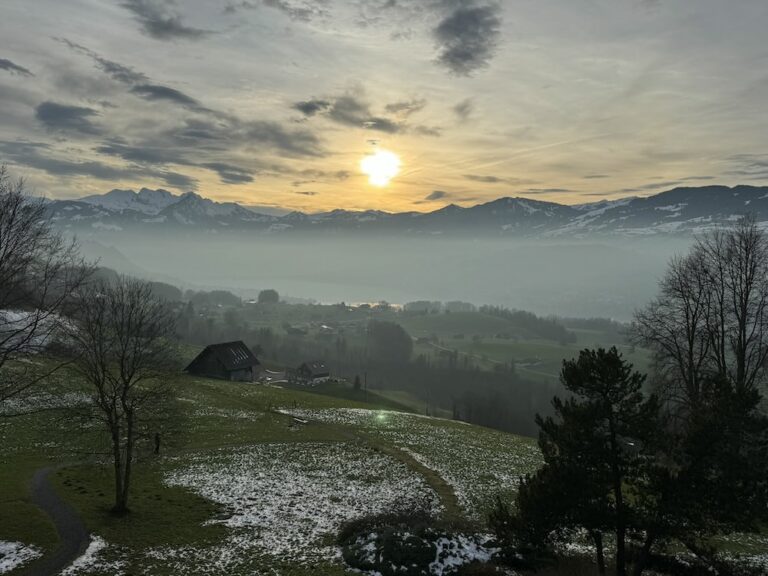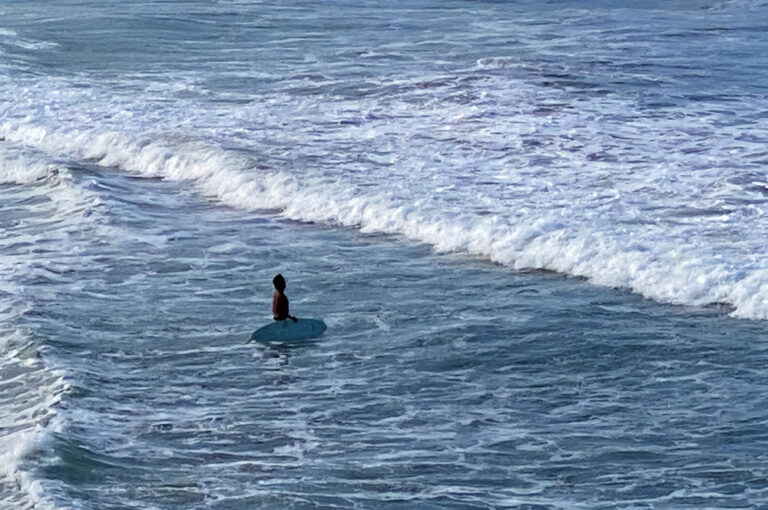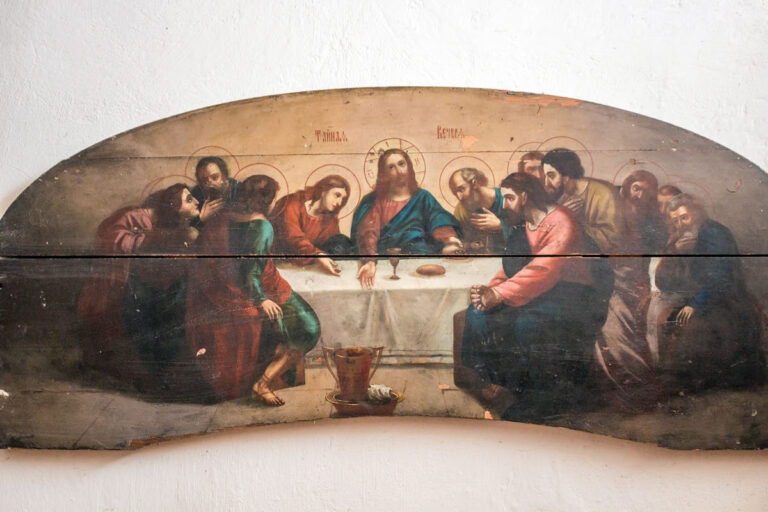Quinta-feira da Quarta Semana da Quaresma
O Ramadã é o equivalente muçulmano da Quaresma.
Os muçulmanos fiéis jejuam todos os dias até o pôr do sol, pois marcam o mês em que o Alcorão começou a ser revelado ao profeta Maomé. O início real do Ramadã depende da primeira aparição da nova lua crescente, que este ano ocorreu no último domingo na Arábia Saudita.
Enquanto começa o jejum de comida e bebida, continua a escalada inabalável da violência em Gaza. O cessar-fogo que as nações civilizadas têm apelado não foi viabilizado. Corredores humanitários não foram criados de maneira suficiente para permitir que a ajuda chegue às pessoas em sofrimento extremo. Crianças, mulheres não combatentes e homens idosos continuam a ser mortos e o número de mutilados física e mentalmente que entram numa vida de extrema dificuldade, aumenta todos os dias.
Enquanto o jejum religioso começa, a ONU alertou que a fome no norte de Gaza é praticamente inevitável.
Os seres humanos não são interessantes? Há uma história de Auschwitz sobre um grupo de rabinos que estava discutindo se Deus havia quebrado sua aliança com Seu povo escolhido ao permitir a Shoah. Exaustos e famintos no final do dia, eles convocaram um tribunal em sua cabana gelada para julgar Deus. Não demorou muito para considerá-lo culpado. Ele havia claramente abandonado Seu povo. Então o rabino presidente concluiu: ‘agora faremos a oração da noite e dormiremos’.
Certa vez perguntei a um velho rabino amigo meu se ele achava que Deus tinha favoritos. Ele disse que quando jovem não tinha dúvidas: eram os judeus. Mais tarde, ele passou a acreditar que Deus não tinha favoritos, mas amou a todos igualmente sempre. Agora, disse ele, sente que os favoritos de Deus existem: são os ‘anawim’, os mais pobres, abandonados, rejeitados pela humanidade, independentemente da sua fé ou etnia.
Parece que a prática da fé religiosa é resistente a um ponto de absurdo sublime. Talvez, à medida que as condições da decência humana desmoronem à nossa volta e o espírito da religião seja rejeitado, os sinais exteriores da fé assumam um significado novo e paradoxal, como a última esperança de que os seres humanos possam ser reabilitados depois de se terem desumanizado.
Estas práticas religiosas já não são mais sinais superficiais, rotineiros ou meramente tribais de pertença; adquiriram um brilho, até uma espécie de glória paradoxal, porque o próprio mistério, para além de todos os sinais e palavras, é exposto através deles quando a humanidade se encontra no seu estado mais desesperador.
Poderíamos zombar disso. Ou podemos vislumbrar o que brilhou naquela cabana em Auschwitz ou no Ramadã nos hospitais bombardeados atualmente em Gaza. É algo que nem precisamos tentar descrever. No entanto, se o vemos e reconhecemos, somos compelidos a mergulhar no silêncio mais profundo onde a solidariedade com o sofrimento da humanidade revela a realidade central da unidade resiliente, mesmo de opressor e vítima.
Texto original
Thursday Fourth Week of Lent
Ramadan is the Muslim equivalent of Lent. Observant Muslims fast each day until sunset as they mark the month when the Qu’ran began to be revealed to the prophet Mohammed. The actual beginning of Ramadan depends upon the first sighting of the new crescent moon which this year took place last Sunday in Saudi Arabia.
While the fast from food and drink begins, the orgiastic feast of violence in Gaza continues unabated. The ceasefire that civilised nations have been calling for has not been agreed. Humanitarian corridors have not been created to permit aid to reach those in extreme suffering. Children, non-combatant women and old men continue to be killed and the numbers of newly mentally and physically mutilated who are entering a life of extreme hardship grows every day. While the religious fasting begins, the UN has warned that a famine in northern Gaza is almost unavoidable.
Aren’t human beings interesting? There is a story from Auschwitz about a group of rabbis who were discussing whether God had broken his covenant with His chosen people by permitting the Shoah. Exhausted and hungry at the end of the day, they convened a court in their freezing hut to put God on trial. It did not take long to find Him guilty. He had clearly abandoned His people. Then the presiding rabbi concluded: ‘we will now say the night prayer and go to sleep.’ I asked an old rabbi friend of mine once whether he thought God had favourites. He said that as a young man he had no doubt: it was the Jews. Later he came to believe that God had no favourites but loved all equally always. Now, he said, he felt God’s favourites did exist: they are the ‘anawim’, the most poor, abandoned, rejected of humanity whatever their faith or ethnicity.
It seems that the practice of religious faith is resilient to a point of sublime absurdity. Perhaps, as the conditions of human decency collapse around us and the spirit of religion is rejected, the outward signs of faith assume a new, paradoxical significance, as the last hope that human beings can be rehabilitated after they have dehumanised themselves. These religious practices are then no longer superficial or routine or merely tribal signs of belonging; they have acquired a radiance, even a paradoxical kind of glory because the mystery itself, beyond all signs and words, is exposed through them when humanity is in its most desperate state.
We might mock this. Or we might glimpse what shone through in that hut in Auschwitz or in Ramadan in the bombed hospitals in Gaza today. It is something we need not even try to name. Yet, if we see and recognise it, we are compelled to dive into the deepest silence where solidarity with the suffering of humanity reveals the core reality of the resilient oneness, even of oppressor and victim.





